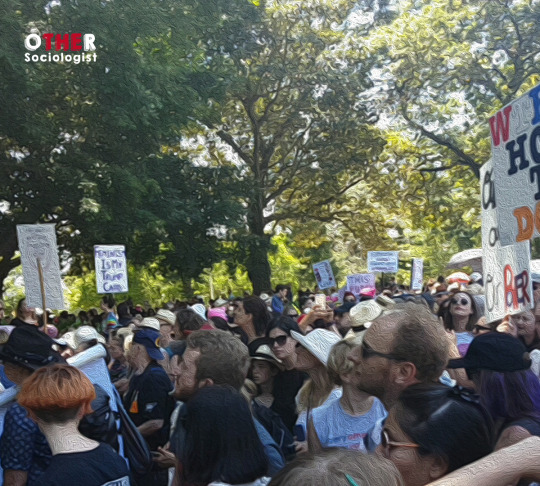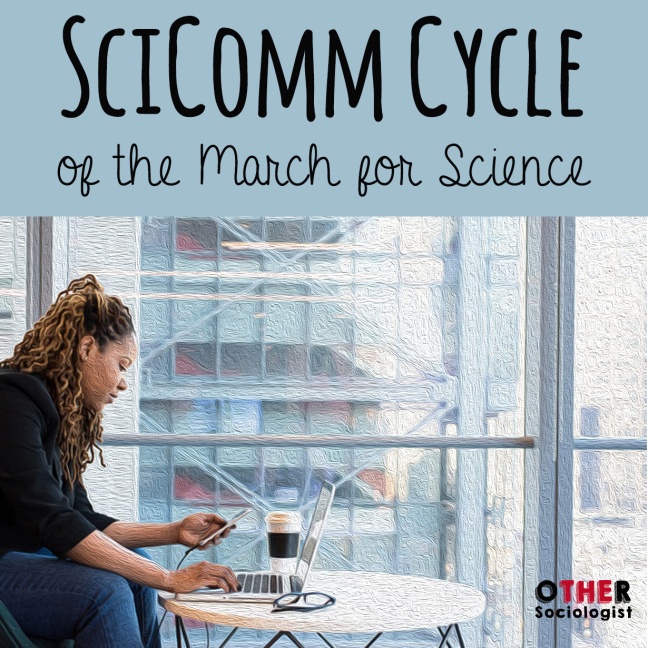Over the next couple of days, in the lead up to the March for Science, happening globally on 22 April 2017, I’ll be republishing a few of my articles and analyses of the March here on my blog.
On 13 April 2017, an article in Science Magazine featured the academic research planned about the March for Science, and interviews with one of the march co-chairs. The journalist reported that George Mason University was seeking email addresses of supporters for a planned study.

Scientists around the world who have been holding the march organisers accountable criticised the ethics of such a proposed study. This eventually led to the organisers requesting a correction from the journalist.
How did this major error happen?
Two days later, on 16 April, the March for Science was forced to issue a public apology after appropriating African American Vernacular English (AAVE) in a now-deleted tweet (below). This was heavily critiqued, especially by Black researchers, who pointed out the hypocrisy of using AAVE when Black scientists had been marginalised by the march, and received abuse for speaking out on inequalities within the march. Black scientists were also ignored when they encouraged the organisers to work with established social justice groups, including Black Lives Matter. Cultural appropriation of AAVE is doubly offensive in given these patterns of exclusion.
These are just two recent examples in a long line of problems. The organisers have established a damaging cycle of communication failures and weak apologies since the March for Science was first promoted.


